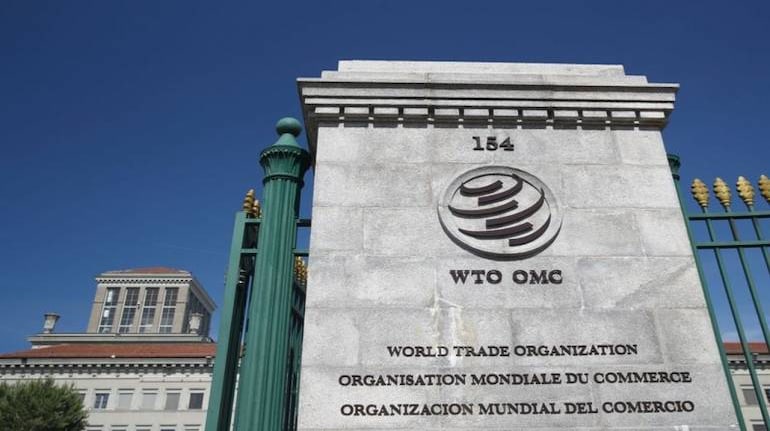



At the ongoing Ministerial Conference-13 (MC13) in Abu Dhabi, India called for restoring the World Trade Organization’s (WTO) Appellate Body, a dispute-settlement entity that has been out of action since December 2019.
"India reiterated its long-standing position that a credible and reliable WTO Dispute Settlement system is the bedrock of an equitable, effective, secure and predictable multilateral trading system and emphatically called for the restoration of the Appellate Body as the top-most priority of any reform process, along for effective formalisation of the ongoing informal dispute settlement reform discussions among some Members at the WTO," according to a statement from the Indian government on February 28.
A decision by the United States to block appointments of new members to the Appellate Body has stalled this entity's functioning. This has called into question the WTO’s overall credibility and the rules-based trade-order it upholds.
The body was established in 1995 under Article 17 of the Understanding on Rules and Procedures Governing the Settlement of Disputes. It is a standing body of seven persons that hears appeals in disputes brought by WTO members. The appellate body can uphold, modify, or reverse the legal findings and conclusions of a panel, and appellate body reports are adopted by the Dispute Settlement Body (DSB), unless all members decide not to do so.
The Appellate Body is composed of seven members who are appointed by the Dispute Settlement Body (DSB) to serve for four-year terms. Each person may be reappointed for another four-year term. Terms are staggered, ensuring that not all members begin and complete their terms at the same time.
Currently, the Appellate Body is unable to review appeals given the vacancies. The term of the last sitting member expired on November 30, 2020.
At a session in MC13 on February 28, India sought the immediate and effective formalisation of the informal Dispute Settlement reform process by rectifying existing defects. To this end, New Delhi proposed a three-point action plan for Members:
First, to transition the discussions on dispute settlement reforms to WTO formal bodies, preferably under the guidance of the Dispute Settlement Body Chair as per the declaration of Ministerial Conference-12 (MC12).
Second, to ensure that the transition is not just a mere formality but results in an effective multilateralisation of the process which is member-driven, open, transparent and inclusive, taking into account the myriad capacity and technical challenges of developing country members and least-developed countries.
Third, to prioritise the restoration of the Appellate Body.
For long, India has been demanding an independent, rule-based Appellate Body. Recently, India's Commerce Minister Piyush Goyal said that issues around the dispute resolution mechanism that have been discussed over the years need to be brought to a conclusion at MC13.
The WTO's 13th Ministerial Conference commenced on February 26 in Abu Dhabi, United Arab Emirates (UAE).
Discover the latest Business News, Sensex, and Nifty updates. Obtain Personal Finance insights, tax queries, and expert opinions on Moneycontrol or download the Moneycontrol App to stay updated!
Find the best of Al News in one place, specially curated for you every weekend.
Stay on top of the latest tech trends and biggest startup news.